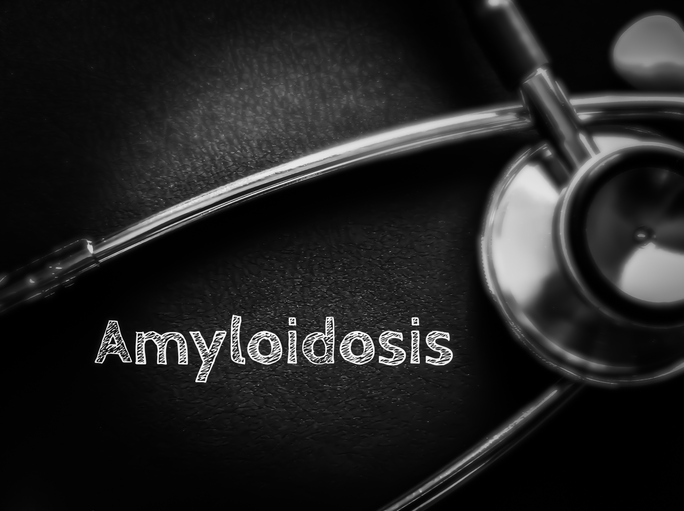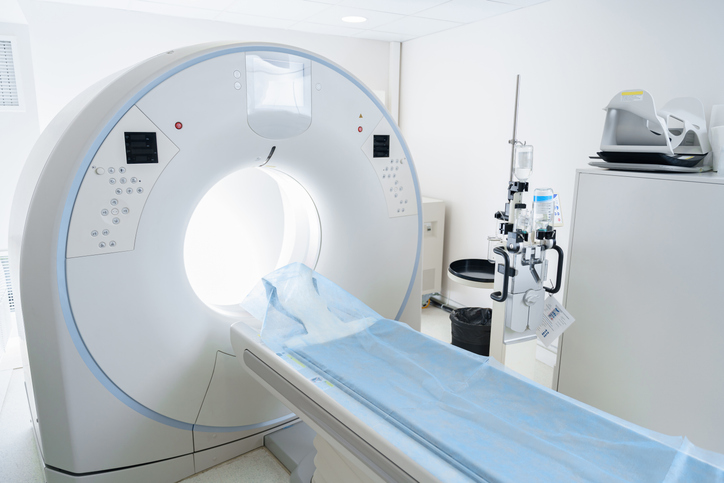
In the US, hospital patients suffer cardiac arrests at a higher rate than previously thought, according to the findings of the American Heart Association journal Circulation: Cardiovascular Quality and Outcomes.
Researchers of this study used the Get With The Guidelines–Resuscitation registry, a voluntary, prospective, quality-improvement registry of in-hospital cardiac arrest in the United States, to develop a negative binomial regression model to gauge the incidence of index pulseless in-hospital cardiac arrests based on hospital-level characteristics. They used this model to predict the number of in-hospital cardiac arrests in all US hospitals, using data from the American Hospital Association Annual Survey. Subsequently, an analysis of performed separate analyses of children and adults above the age of 18 with cardiac arrests. Additional analyses were performed for recurrent cardiac arrests and pediatric patients requiring cardiopulmonary resuscitation for poor perfusion (nonpulseless events).
According to the results of this study, the average annual incidence of in-hospital cardiac arrest in the United States was estimated at 292,000 in adults and 15,200 in pediatric cases, of which 7,100 (95% prediction interval, 4,400 to 9,900) cases were pulseless cardiac arrests while 8,100 (95% prediction interval, 4,700–11,500) cases were nonpulseless events. Moreover, the rate of adult cardiac arrests rose over time, while pediatric events remained more stable. Overall, including both index and recurrent in-hospital cardiac arrests, the average annual incidence was estimated at 357-900 (95% prediction interval, 247 100 to 598,400) in adults and 19,900 pediatric cases, “of which 8,300 (95% prediction interval, 4,900–11,200) cases were pulseless cardiac arrests and 11,600 (95% prediction interval, 6,400–16,700) cases were nonpulseless events.”
Cardiac arrest among hospitalized patients may be underestimated https://t.co/ZZ5V7ewsth pic.twitter.com/EcJ1Ec2ysM
— NewMediaWire (@newmediawire) July 9, 2019
‘A Major Public Health Problem’
“Our findings illustrate a concerning trend in U.S. hospitals, and show that cardiac arrest is a major public health problem,” said Lars W. Andersen, MD, MPH., PhD, DMSc, study co-author and associate professor at Aarhus University in Denmark in a press release. “Previous incidence estimates may no longer reflect the current public health burden of cardiac arrest in hospitalized patients across the U.S. Unfortunately, the data does not provide an explanation for the increase in adult in-hospital cardiac arrest, but it is likely due to many factors and may reflect an increase in actual events or in the reporting of cases over time.”
Anderson added that “it is also important to note that end-of-life discussions and decisions are crucial in order to avoid attempts at resuscitation in patients where it is likely futile or against a patient’s wishes.”
https://twitter.com/bioengineerorg/status/1148532414861447170
Cardiac arrest among hospitalized patients may be underestimated https://t.co/DmtCqFbbxf
— Science Codex (@sciencecodex) July 9, 2019
Source: Circulation: Cardiovascular Quality and Outcomes, EurekAlert







 © 2025 Mashup Media, LLC, a Formedics Property. All Rights Reserved.
© 2025 Mashup Media, LLC, a Formedics Property. All Rights Reserved.